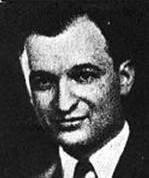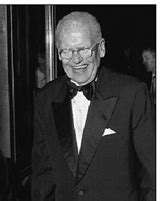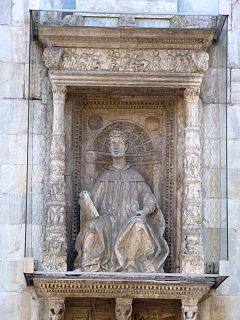A Quote by John Lancaster Spalding
To view an object in the proper light we must stand away from it. The study of the classical literatures gives the aloofness which cultivates insight. In learning to live with peoples and civilizations that have long ceased to be alive, we gain a vantage point, acquire an enlargement and elevation of thought, which enable us to study with a more impartial and liberal mind the condition of the society around us.
Related Quotes
There will be no room, here, for the smug myopia which views American civilization as the final solution to all world problems; which recommends our institutions for universal adoption and turns away with contempt from the serious study of the institutions of peoples whose civilizations may seem to us to be materially less advanced.
One wears one's mind out in study, and yet has more mind with which to study. One gives away one's heart in love and yet has more heart to give away. One perishes out of pity for a suffering world, and is stronger therefore. So, too, it is possible at one and the same time to hold on to life and let go.
The more sincerity is developed, the greater share of truth you will have. And however much sincerity a person may have, there is always a gap to fill, for we live in the midst of falsehood, and we are always apt to be carried away by this world of falsehood. Therefore we must never think we are sincere enough, and we must always be on our guard against influences which may carry us away from that sincerity which is the bridge between ourselves and our ideal. No study, no meditation is more helpful than sincerity itself.
If the study of all these sciences which we have enumerated, should ever bring us to their mutual association and relationship, and teach us the nature of the ties which bind them together, I believe that the diligent treatment of them will forward the objects which we have in view, and that the labor, which otherwise would be fruitless, will be well bestowed.
Anxieties about ourselves endure. If our proper study is indeed the study of humankind, then it has seemed-and still seems-to many that the study is dangerous. Perhaps we shall find out that we were not what we took ourselves to be. But if the historical development of science has indeed sometimes pricked our vanity, it has not plunged us into an abyss of immorality. Arguably, it has liberated us from misconceptions, and thereby aided us in our moral progress.
Let us strive the more earnestly therefore to lengthen out our span of life-- life that is poured out like water and falls as the leaf-- if not by action (the means to which lie in another's power), yet in any case by study and research; and since it is not granted us to live long, let us transmit to posterity some memorial that we have at least lived.
One of the things that I love to do is travel around the world and look at archaeological sites. Because archaeology gives us an opportunity to study past civilizations, and see where they succeeded and where they failed. Use science to, you know, work backwards and say, 'Well, really, what were they thinking?'
But every point of view is a point of blindness: it incapacitates us for every other point of view. From a certain point of view, the room in which I write has no door. I turn around. Now I see the door, but the room has no window. I look up. From this point of view, the room has no floor. I look down; it has no ceiling. By avoiding particular points of view we are able to have an intuition of the whole. The ideal for a Christian is to become holy, a word which derives from “whole.
There are branches of learning and education which we must study merely with a view to leisure spent in intellectual activity, and these are to be valued for their own sake; whereas those kinds of knowledge which are useful in business are to be deemed necessary, and exist for the sake of other things.
If you intend to study the mind, you must have systematic training; you must practice to bring the mind under your control, to attain to that consciousness from which you will be able to study the mind and remain unmoved by any of its wild gyrations. Otherwise the facts observed will not be reliable; they will not apply to all people and therefore will not be truly facts or data at all.



































